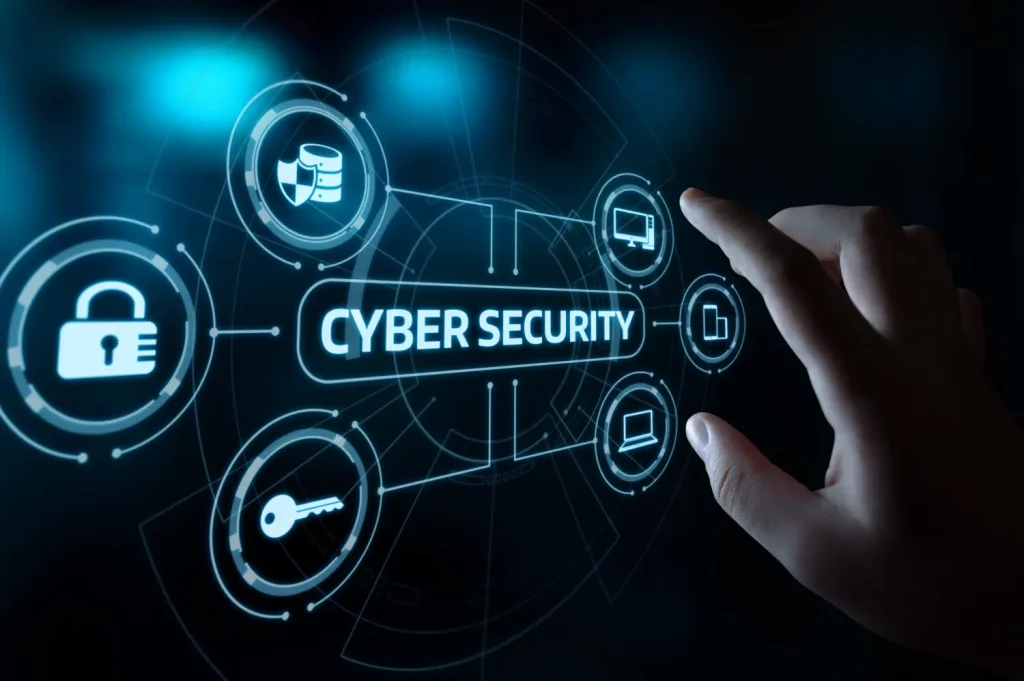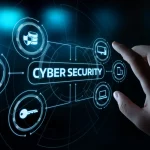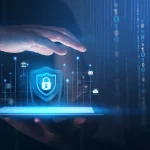Why Do You Need Cybersecurity? Don't Wait for the Incident to Happen
Introduction
In the digital age, where technology permeates every aspect of our personal and professional lives, the significance of cybersecurity cannot be overstated. With cyber threats evolving at an alarming rate, the question is not whether you need cybersecurity but rather, how urgently you require it. This blog explores the crucial reasons behind the necessity of cybersecurity, emphasizing the proactive stance individuals and organizations must adopt to safeguard their digital assets.
The Escalating Cyber Threat Landscape
Cybersecurity is not merely an option; it is a necessity dictated by the escalating threat landscape. Cybercriminals are becoming increasingly sophisticated, employing advanced techniques to exploit vulnerabilities and gain unauthorized access to sensitive information. Waiting for a security incident to occur before prioritizing cybersecurity is akin to leaving the doors wide open and hoping burglars never show up:
Protecting Sensitive Data:
In the interconnected world we inhabit, a vast amount of sensitive data is exchanged daily. From personal information to proprietary business data, the consequences of a data breach can be catastrophic. Cybersecurity acts as a robust shield, preventing unauthorized access and safeguarding the integrity and confidentiality of critical information.
Financial Implications:
The aftermath of a cyberattack extends beyond compromised data. The financial repercussions can be severe, ranging from the costs of remediation and recovery to potential legal liabilities. Investing in cybersecurity upfront is a strategic decision that pales in comparison to the financial fallout resulting from a successful cyber intrusion.
Preserving Reputation and Trust:
Trust is a precious commodity, and a single cybersecurity incident can erode the trust your clients and stakeholders place in your organization. Proactive cybersecurity measures demonstrate a commitment to protecting the interests of those you serve, fostering trust and preserving your hard-earned reputation.
Compliance and Legal Obligations:
Various industries are subject to stringent data protection regulations and compliance standards. Neglecting cybersecurity measures not only exposes your organization to legal consequences but also jeopardizes compliance with frameworks such as GDPR, HIPAA, or PCI DSS. Compliance is not a one-time task but an ongoing commitment to cybersecurity best practices.
Operational Continuity:
Cyberattacks can disrupt normal business operations, leading to downtime that can be detrimental to productivity and revenue. Implementing robust cybersecurity measures ensures operational continuity by mitigating the risk of disruptions caused by ransomware, distributed denial-of-service (DDoS) attacks, or other malicious activities.
The Proactive Approach to Cybersecurity
Rather than adopting a reactive approach that waits for incidents to occur, individuals and organizations should prioritize cybersecurity as a fundamental component of their overall strategy. Here are essential steps to take a proactive stance:
Risk Assessment:
Conduct a comprehensive risk assessment to identify potential vulnerabilities and threats specific to your environment. Understanding your risk landscape forms the foundation for developing an effective cybersecurity strategy.
Education and Training:
Invest in cybersecurity education and training for employees. Human error is a common factor in security incidents, and a well-informed workforce serves as an additional line of defense against cyber threats.
Continuous Monitoring:
Implement continuous monitoring solutions to detect and respond to potential threats in real-time. A proactive cybersecurity strategy involves staying one step ahead of cyber adversaries by identifying and mitigating risks before they escalate.
Incident Response Planning:
Develop a robust incident response plan to minimize the impact of a security incident if one occurs. Having predefined protocols in place ensures a swift and effective response, reducing downtime and potential damage.
Conclusion
In a digital landscape fraught with cyber threats, waiting for an incident to prompt action is a risky proposition. The imperative for cybersecurity transcends the boundaries of personal and organizational domains. By understanding the escalating threat landscape and adopting a proactive cybersecurity stance, individuals and organizations can navigate the complex terrain of the digital age with resilience and confidence. The time to act is now—don't wait for the incident to happen; fortify your digital defenses and protect what matters most.






Peter
Couldn’t agree more! Your blog convinced me not to procrastinate on cybersecurity. Prevention is key!